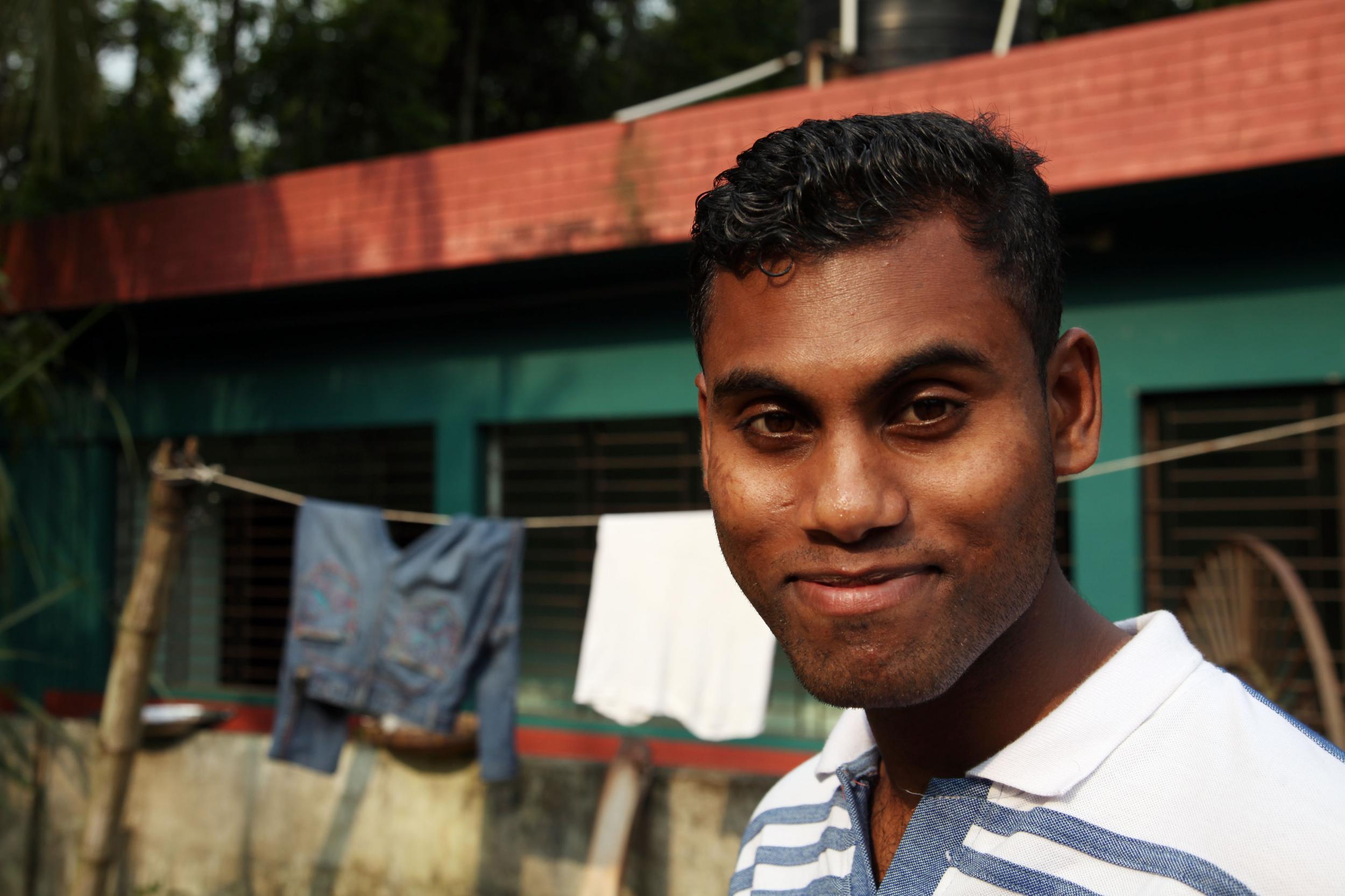Last night's TV review: Don't Deport Me I'm British (BBC3)
The programme tackled an important issue, treated it as dispassionately and impartially as possible

Despite the slightly facetious title, Don’t Deport Me, I’m British was a fine piece of old-fashioned television journalism. By that I mean that it tackled an important issue, treated it as dispassionately and impartially as possible, chose appropriate case studies, interrogated the evidence, and allowed the viewer to draw their own conclusions. You don’t get much of that these days.
Immigration, in case you’d not noticed (apols for my own touch of facetiousness there) is the issue that gets the British very excited indeed, and is the backdrop to all the big debates we’re now having – from Brexit through the social housing crisis to terrorism and beyond. So this documentary was certainly timely and it alerted the viewer – who might draw equally valid but opposing conclusions from this fact – that allowing children into this country for whatever reason, unaccompanied or not, is never the end of the matter. The humanitarian imperative for admission at, say, age 10 or 12 seems unanswerable. But what happens when they’re old enough to fend for themselves? Well, the answer is that when they turn 18 their cases get reviewed by the Home Office and they are liable to be returned to whence they came. By then, though, they may have “gone native”, if I can use that imperialistic anachronism ironically, and become British. This is home.
Here we met three young men in just that position. There was François, now 22, and a father, whose auntie took him from Jamaica after a family breakdown. He’s been in Neasden, north-west London, since he was seven. Then there was Bash, now being asked, at age 19, to go back to Afghanistan and pick up the pieces he left behind at age nine, after the Taliban apparently shot his dad dead in front of him. He wound up in Cardiff. Plus Bok, an Eastbourne-based fine cricketer and promising student of 20 now packed off to rural Bangladesh, where he’s not been since the age of seven.
All had sad tales to tell, though programme-maker Stefania Buonajuti punched a few uncomfortably big holes in Bok’s back story. It was also clear that these adolescents are actually more economic migrant than “pure” refugees literally fleeing for their lives from a war zone. Maybe they exaggerated how inhospitable their countries of origin are nowadays; though it was equally evident they were not always welcome “home”. This was especially true of François, who looked like he had landed on another planet rather than Jamaica. His own mum passed the verdict, in a strong patois I suspect François might find tricky to follow, that “he’s come in with that British attitude and it doesn’t work that way”. How wretched to be stuck between two cultures, feeling rejected by both.
Meanwhile, Bok was telling anyone who would listen back in Bangladesh about the wonders of the British minimum wage and discussing the ins and outs of the UK’s visa rules. The lads he was chatting to might well have been in poverty and looking for a better life halfway round the world, and good luck to them; but they were certainly not in mortal danger.
No matter, though, about any of that. The fundamental fact is that all three of these healthy young men could continue to make lives and care for families in the UK, same as any other young man who happens to have been born here. Whether they were genuine or bogus all those years ago doesn’t matter in that sense, because that has no bearing on how they could cope when they get sent on a plane to a strange land. What’s done is done.
Nor is the British state being honest when it declares, absurdly, that Afghanistan is safe, for example, or argues that having a four-year old British-born child is less important a factor than a criminal record, even including assault on a police officer: such was François’s plight.
Though the documentary didn’t say as much, it showed that the immigration lark can be something of a charade on both sides. The truth is that the British state wants Bok, Bash and François gone, whether they are economic migrants or refugees and irrespective of how British they now feel, because the politicians want them gone; and the politicians want them gone because the British people, or at least a sizeable and vocal enough proportion of them, want them gone. The rest is sophistry.
Subscribe to Independent Premium to bookmark this article
Want to bookmark your favourite articles and stories to read or reference later? Start your Independent Premium subscription today.

Join our commenting forum
Join thought-provoking conversations, follow other Independent readers and see their replies